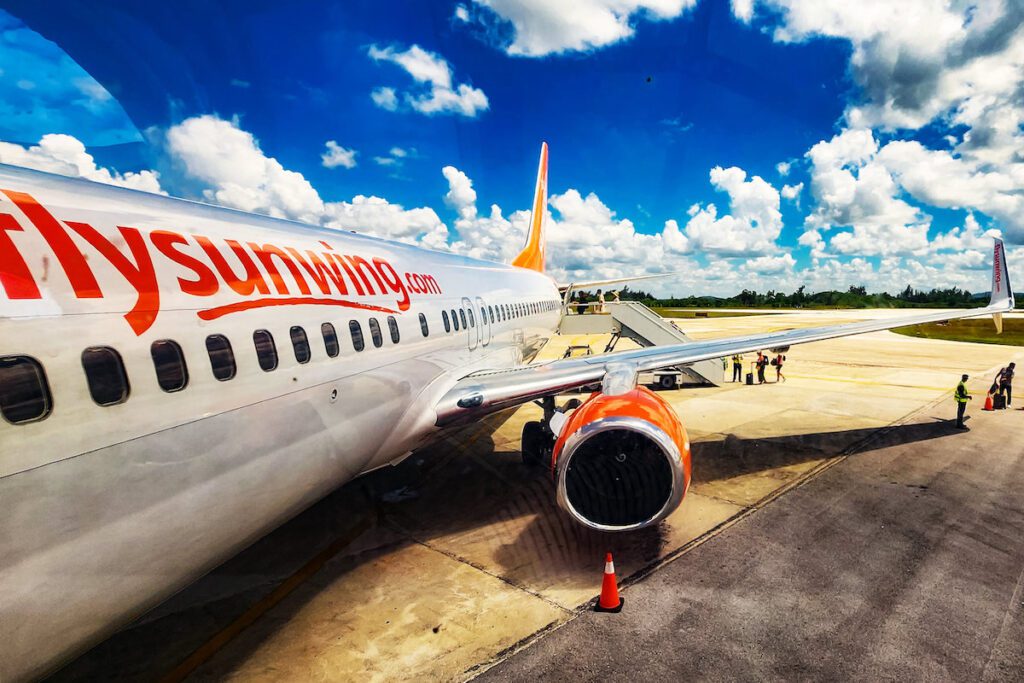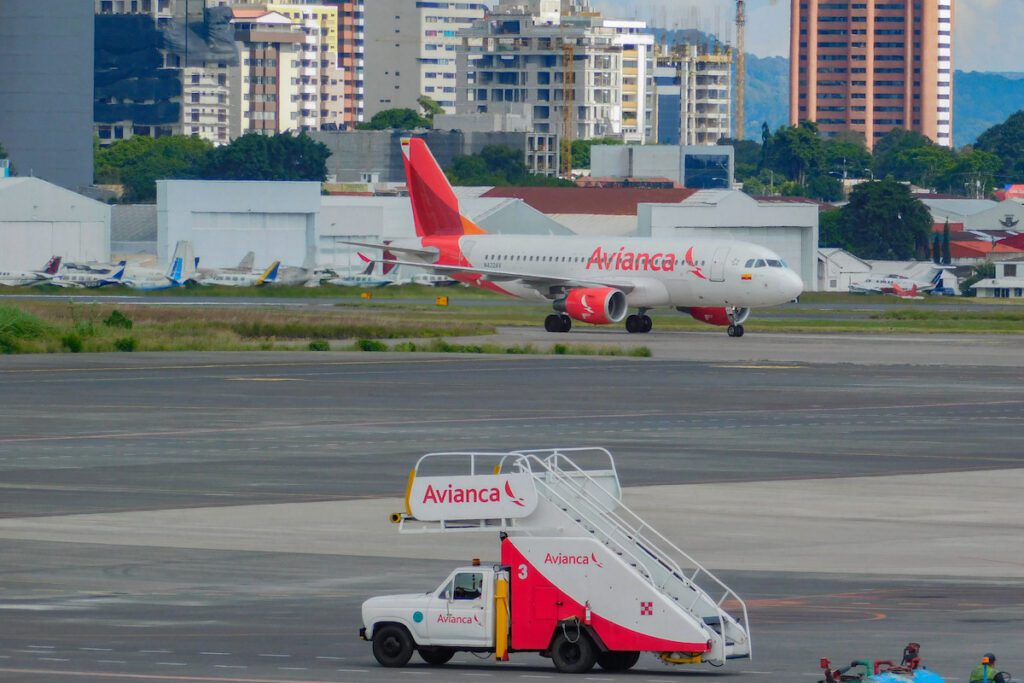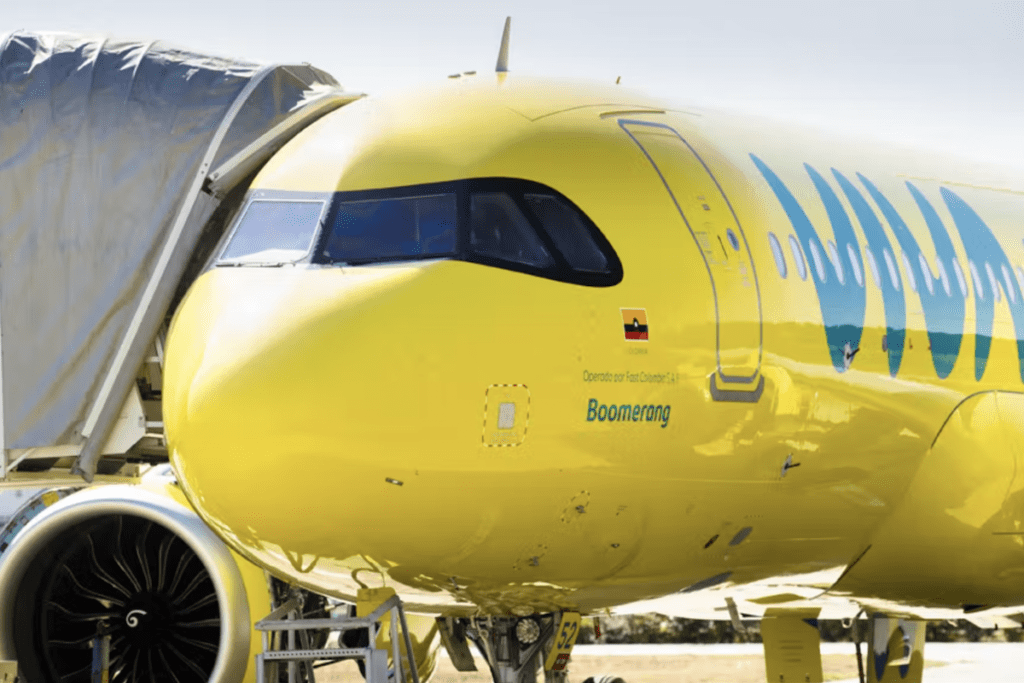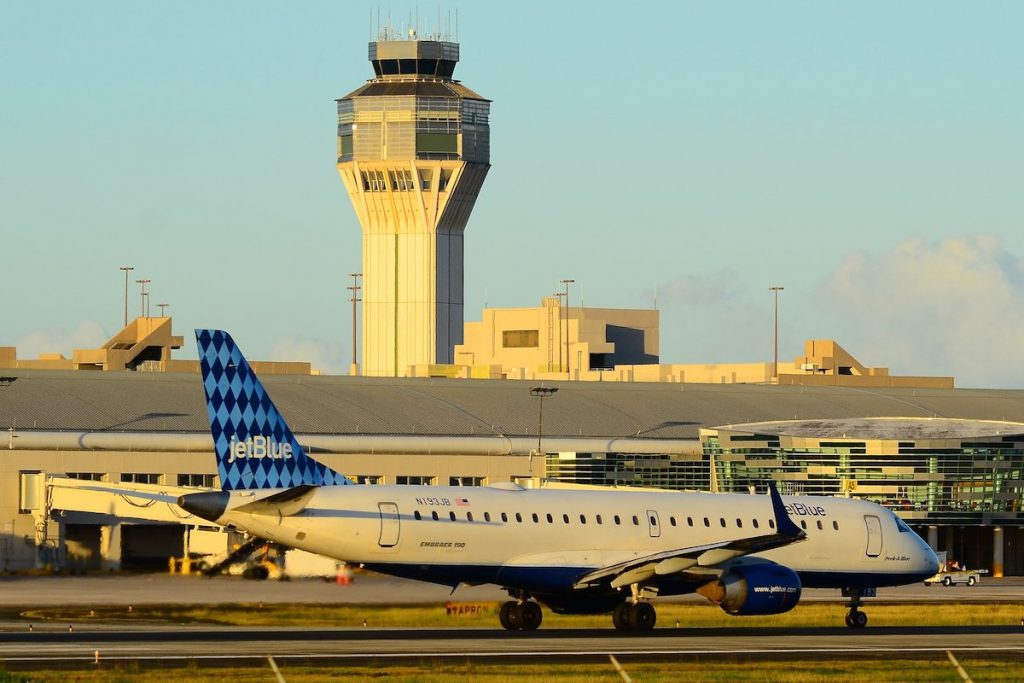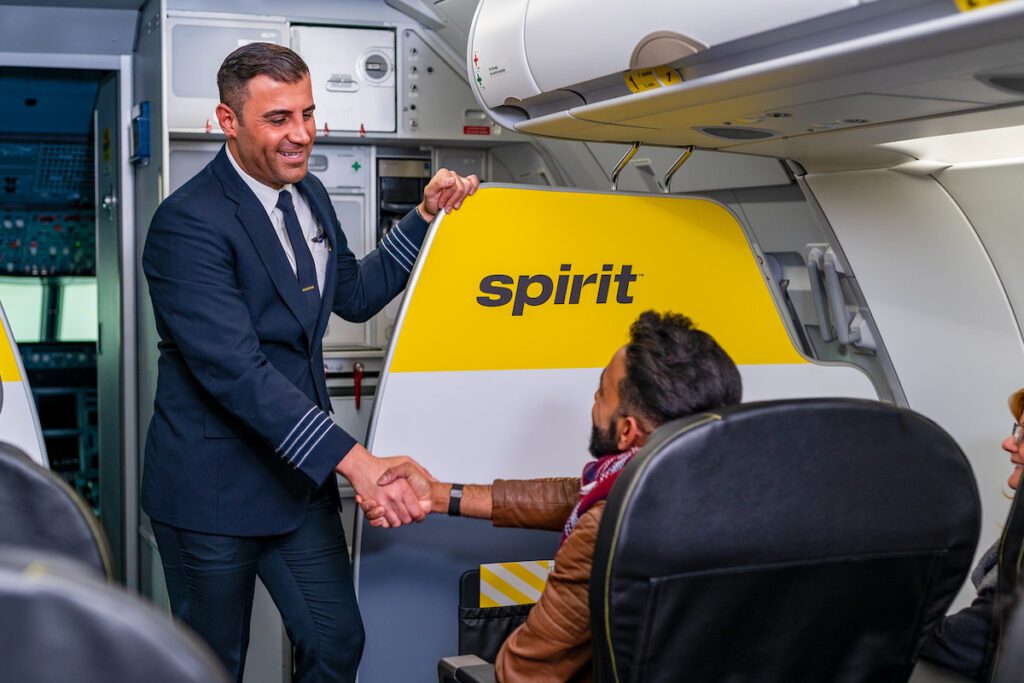Skift editors were struck by this chart of Wyndham’s stock price as of Friday. Investors continue to behave as if it would be a good thing for the world’s largest hotel franchisor to merge with another player. Sustained investor pressure on that score might prompt Wyndham’s management to change strategy at some point.
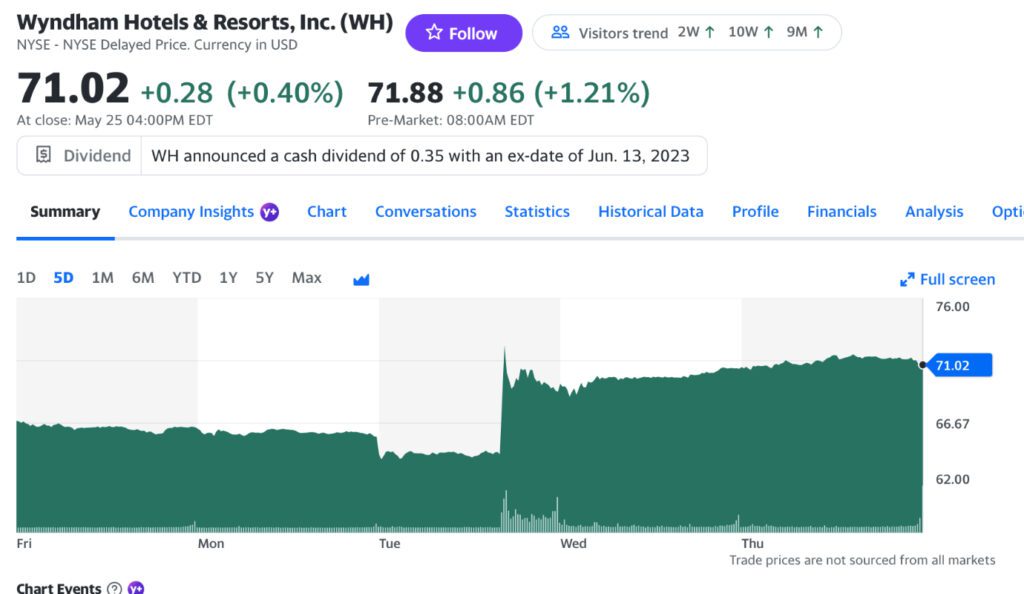
Shares spiked on Wednesday after the Wall Street Journal floated a rumor that Choice Hotels wanted to buy Wyndham. Analysts quickly cast doubts that any deal would materialize.
Yet Wyndham’s shares remained elevated even when analysts like those at Baird poured cold water on this rumor. Many investors seem to dare to hope that a merger or takeover by some player will happen.
So why would investors cheer an offer for Wyndham?
Baird Equity Research held meetings with Wyndham’s management team after the announcement.
“The company continues to believe the stock is trading at a ‘significant and unwarranted discount,'” wrote the Baird analysts, who agree with management’s view.
To be clear, Baird analysts like Wyndham’s management and neither call for nor predict a merger. But in a flash report, Baird analysts suggested some reasons about why Wyndham’s stock had “underperformed” before the merger rumors.
“The list of potential reasons (among others) includes: growing competition in the lower-end chain scales; recent banking/financing uncertainties that might disproportionately impact Wyndham’s development pipeline; and Wyndham’s typical customer, which has an average household income of $91K, potentially being more impacted from a disposable income perspective due to continued inflationary pressures.”
—Michael Bellisario and Jo Choy of Baird.
Wyndham’s management had retorts to every concern. They said they saw no signs of fundamental slowing in leisure travel demand or in hotel development deal flow, signings, and ability to meet announced targets. Only about two dozen deals in its pipeline appear to face any risk of headwinds because of trouble getting financing because of recent banking and interest rate turmoil.
And yet, the market continues to value Wyndham more when they believe it’s in play. That partly reflect’s an investor mentality. Analyst David Katz at Jeffries estimated this week that any takeover bid might come with a price premium of as much as 30 percent of Wyndham’s stock prices. Some investors, possibly naive, are looking for a quick gain.
Yet Wyndham has weaker earnings growth forecasts for 2024 when compared with Choice Hotels, its competitor with the most overlap in hotel profile.
To paraphrase Baird’s Michael Bellisario and Jo Choy, risks to Wyndham include:
- the sustainability of brand equity and customer loyalty when facing the larger loyalty and co-branded credit card machines of players like Marriott International
- the endurance of its popularity among developers especially as larger groups like Hilton and Hyatt increasingly develop brands in the premium economy sector that Wyndham has heavy exposure to
- exposure to a more price-conscious traveler during macroeconomic headwinds in the context of rivalry from other hotel brand companies
Wyndham’s management capably managed its way through the pandemic and have consistently met their announced targets while avoiding unpleasant surprises. Yet Wyndham’s trades at a noticeable discount to the sum of its parts, according to a few investment banks that cover the stock.
It appears that some investors believe Wyndham would be stronger as part of a larger group that could have more scale efficiencies, such as in a larger loyalty program, an ability to negotiate deeper discounts on things like furniture supplies and commissions for distribution, and back-office synergies.
If investors continue to signal with their pricing behavior frustration with Wyndham for a year or longer, pressure will only grow on Wyndham’s management to adjust their business strategy in response or possibly entertain merger talks.

